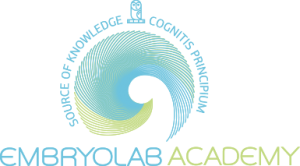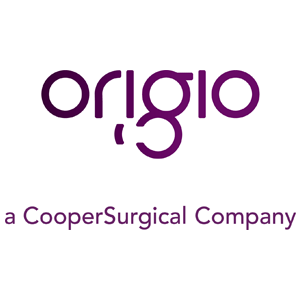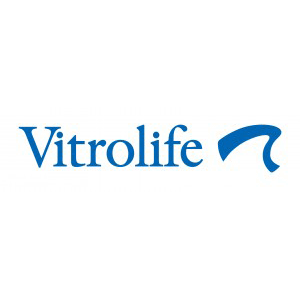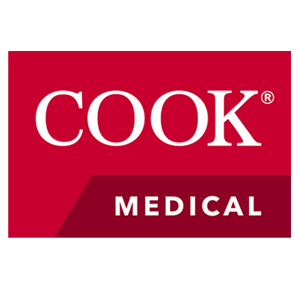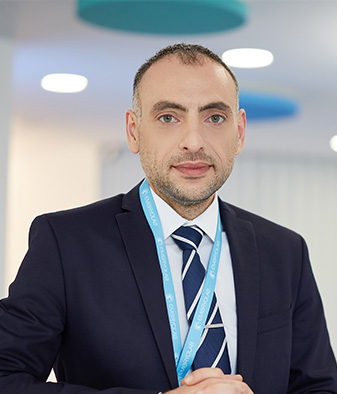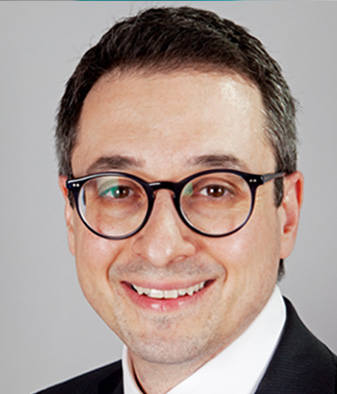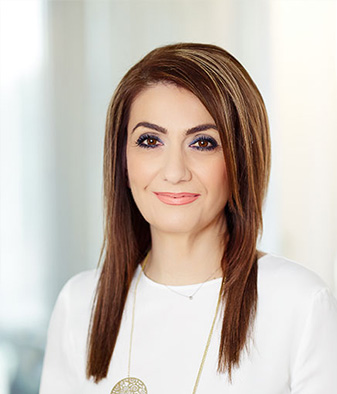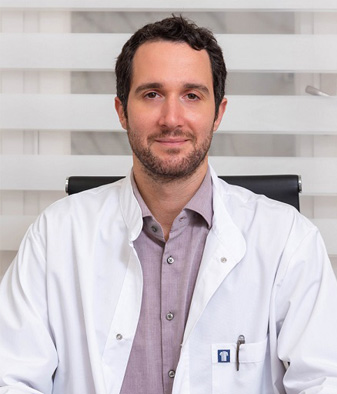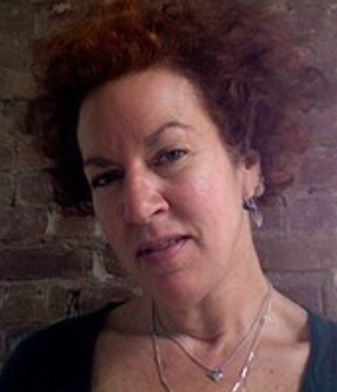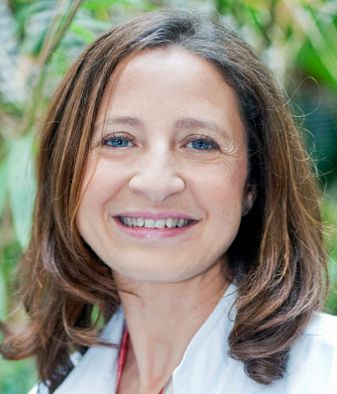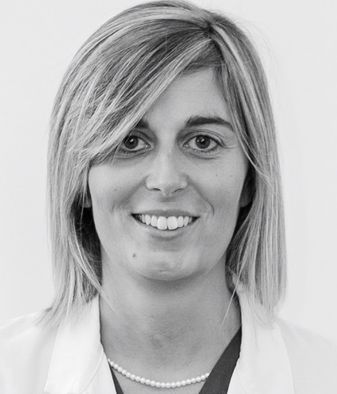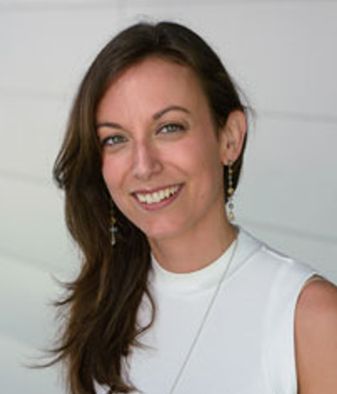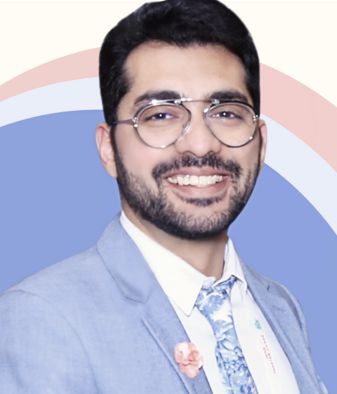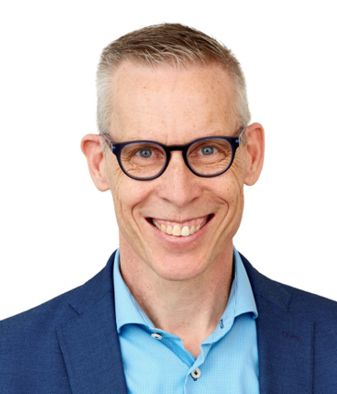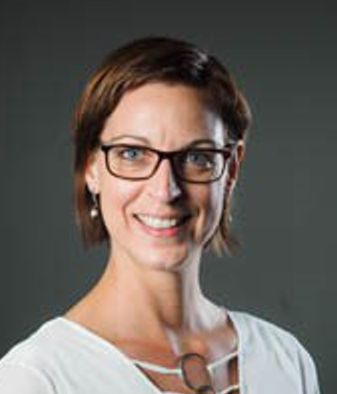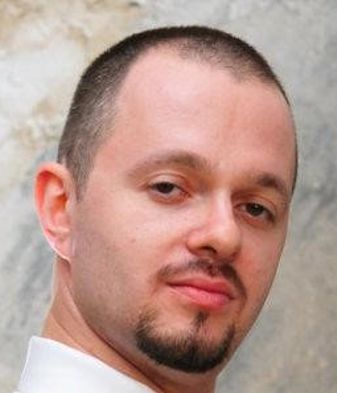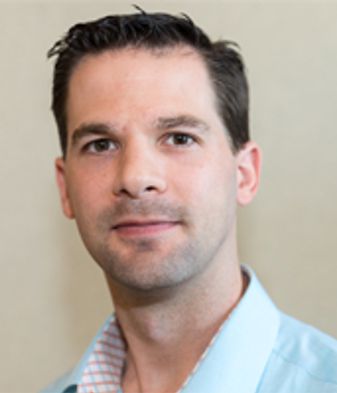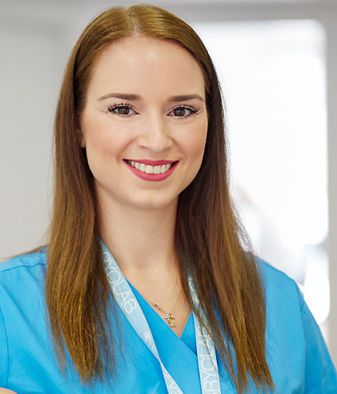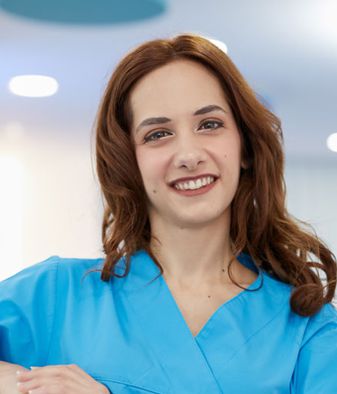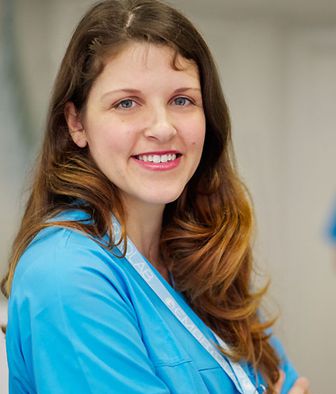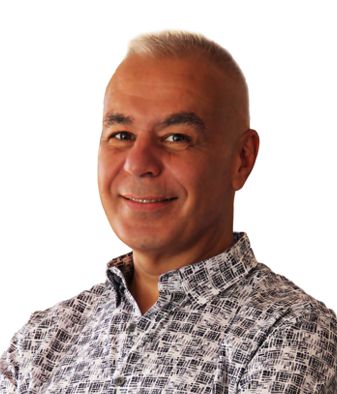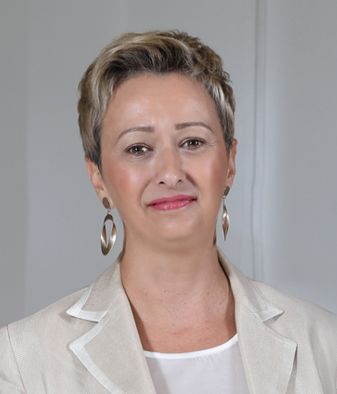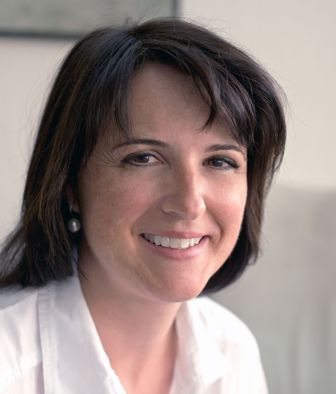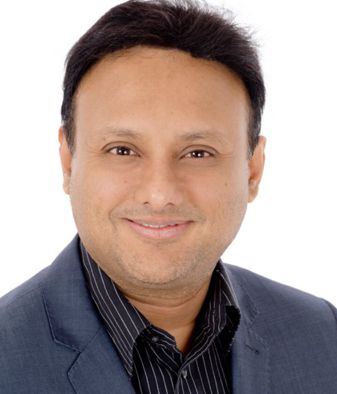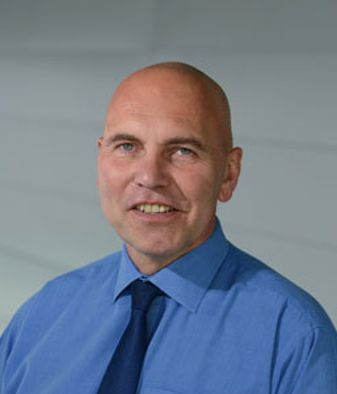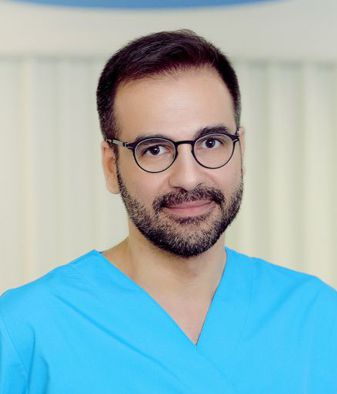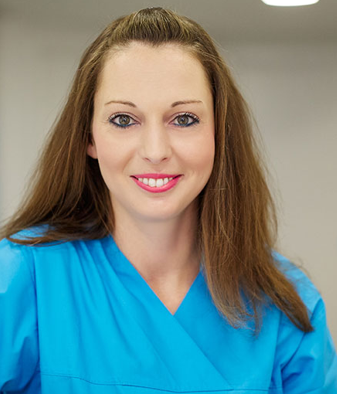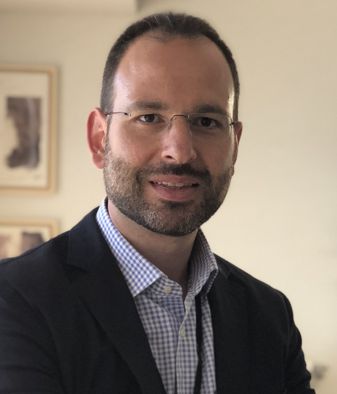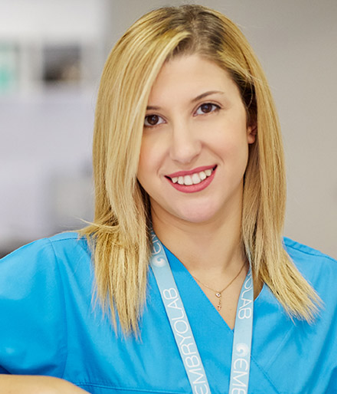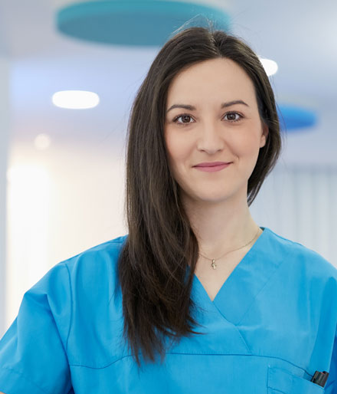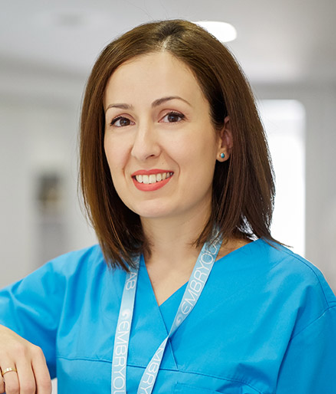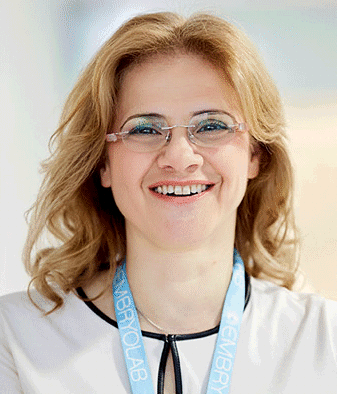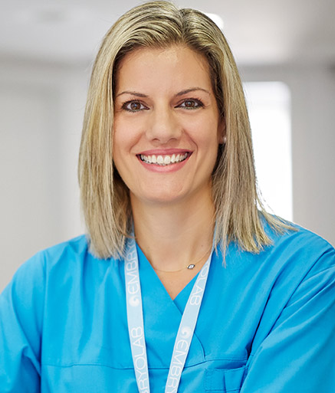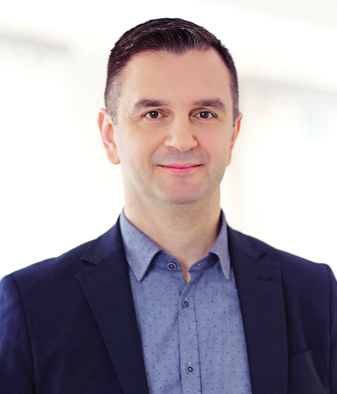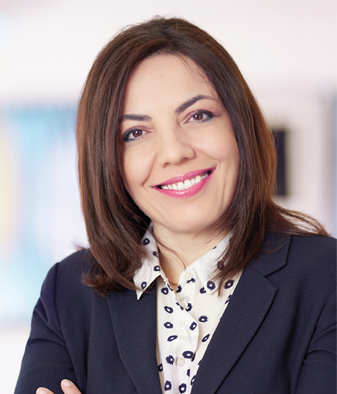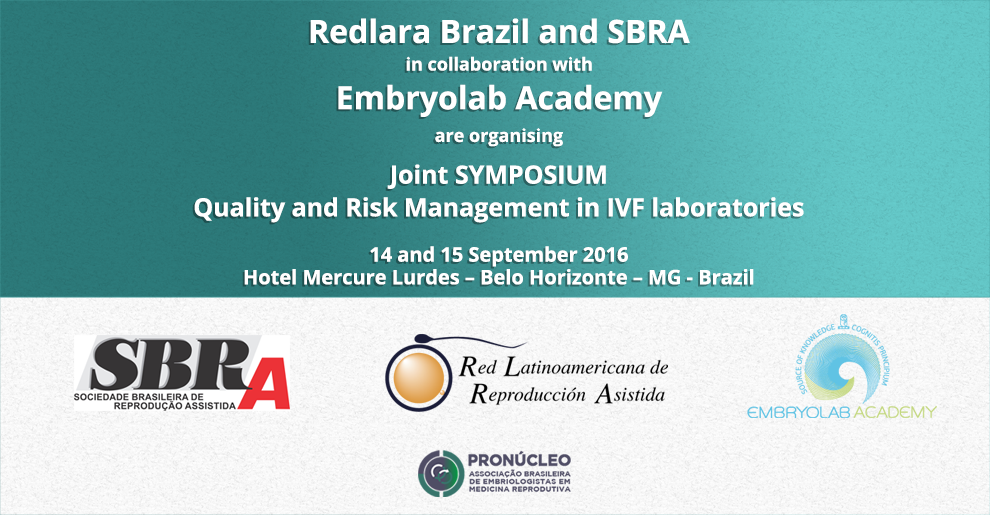
Joint SYMPOSIUM
Quality and Risk Management in IVF laboratories
14 and 15 September 2016
Hotel Mercure Lurdes – Belo Horizonte – MG – Brazil
Symposium Objectives
Quality Control and Risk Management in the IVF laboratory plays an important role in the success of any IVF program. Course objectives are the following:
- To improve knowledge and understanding of all the recent advances in Quality and Risk Management for assisted reproduction technologies (ART) laboratories.
- To focus on all processes performed within ART laboratories and how they can be improved by Total Quality Management (TQM)
- To understand how quality assessment and TQM will provide patients with the best and most safe treatments and procedures available
- To investigate how TQM can be a useful tool to improve efficacy and efficiency, also with respect to financial and administrative aspects
Target Audience
This two-day symposium is designed for reproductive scientists, embryologists, quality managers in IVF as well as ART Unit managers who desire to improve their knowledge and understanding of all the recent advances in Quality and Risk Management for ART laboratories.
Symposium Organisers
Symposium Directors
- Dr. Adelino Amaral Silva
- Dr. Martine Nijs, Greece
Symposium Coordinators
- Dr. Ricardo Azambuja, Brazil
- Dr. Alexia Chatziparasidou, Greece
Program
The theoretical session will give an overview of the recent advances in Quality and Risk Management for laboratories working with Assisted Reproductive Technologies. In the afternoon session different experts will focus on different methodologies/techniques to standardise, measure, validate, and control different parameters like temperature, pH, air quality etc. in ART laboratories.
In the’ Brains-on’ sessions the expert team and the participants will investigate specific problems/troubles/issues that can occur in their laboratories. In an interactive way, the expert team and the participants will investigate the problem and design a route for solving and preventing these (and other) problems in the future.
Topics discussed will include the following
- What is quality and why does it matter?
- What is quality management?
- What is total quality management (TQM)?
- ISO 9001 – ISO 15189 – What is in the number?
- How does TQM impact your day to day work in the ART laboratories: IVF, Andrology, PGD and Cryobiology laboratories How to collect and manage your data
- Internal and external quality control for IVF, Andrology, PGD and Cryobiology laboratories KPI’s and other stuff: How to define your success rates in TQM and the role of statistics What is risk and how do you analyse it?
- Non-conformity registration in ART: why bother?
- How do I prepare, implement and review SOPs (Standard Operating procedures)?
- How do I measure and validate temperatures, O2 and pH of specific equipment in my laboratories
- What about selection, quality and validation of media used in my laboratories?
- I need to prevent errors and have traceability in all my laboratory activities and cryostorage system. Is there a simple way? I need safe materials and equipment for my laboratory and patient related procedures. Are they safe? How to select?
- Air quality: is it that important and if so, how to measure and control it?
Programme 14 September 2016
| 14 September 2016 – Morning Session | |
|---|---|
| 7:30 – 8:00 | Registration with coffee and tea |
| 8:00 – 8:10 |
Welcome by the Directors of the Symposium Adelino Amaral Silva, Brazil – Martine Nijs, Netherlands |
| 8:10 – 8:50 |
What is quality? What is quality management? What is Total Quality Management? Edith Coonen, Netherlands |
| 8:50 – 9:30 |
Understanding Certification and accreditation: -ISO 9001 – ISO 15189 – ABB – Brazil standards: what’s in a name, what’s in a number? Claudia Petersen – Brazil |
| 9:30 – 10:00 |
What is risk? How do you assess it? How do you register non-conformities in ART? What is a route cause analysis? Alexia Chatziparasidou, Greece |
| 10:00 – 10:20 | Coffee break |
| 10:20- 11:00 |
Internal and external quality control for IVF, Andrology, PGD and Cryobiology laboratories Edith Coonen, Netherlands |
| 11:00 – 11:40 |
How to define your success rates in TQM, KPI’s and the role of statistics Nicolás Garrido Puchalt, Spain |
| 11:40 – 11:00 | Discussion |
| 12:00 – 13:30 | Lunch& Group pictures |
| 14 September 2016 – Morning Session | |
|---|---|
| 7:30 – 8:00 | Registration with coffee and tea |
| 8:00 – 8:10 |
Welcome by the Directors of the Symposium Adelino Amaral Silva, Brazil – Martine Nijs, Netherlands |
| 8:10 – 8:50 |
What is quality? What is quality management? What is Total Quality Management? Edith Coonen, Netherlands |
| 8:50 – 9:30 |
Understanding Certification and accreditation: -ISO 9001 – ISO 15189 – ABB – Brazil standards: what’s in a name, what’s in a number? Claudia Petersen – Brazil |
| 9:30 – 10:00 |
What is risk? How do you assess it? How do you register non-conformities in ART? What is a route cause analysis? Alexia Chatziparasidou, Greece |
| 10:00 – 10:20 | Coffee break |
| 10:20- 11:00 |
Internal and external quality control for IVF, Andrology, PGD and Cryobiology laboratories Edith Coonen, Netherlands |
| 11:00 – 11:40 |
How to define your success rates in TQM, KPI’s and the role of statistics Nicolás Garrido Puchalt, Spain |
| 11:40 – 11:00 | Discussion |
| 12:00 – 13:30 | Lunch& Group pictures |
Programme 15 September 2016
Brains-on: ‘Bring your troubles to us and we will ’shoot’ them!’
| 8:00–12:00 |
Including coffee break from 10:00 – 10:20 Chair: All invited speakers will take part of the expert panel In this interactive ‘break-out’ session, expert speakers will present case reports in groups, describing a specific problem/trouble/issue encountered in an IVF laboratory. Collectively, the expert team and the participants will investigate the problem and design a route for solving and preventing this (and other) problems in the future. Topic examples:
|
|---|---|
| 11:00 | Summary of ‘Brains-on’ Session |
| 11:00 – 11:30 |
The particular nature of IVF Total Quality Management: successes and pitfalls Raquel Alvarenga, Brazil & Martine Nijs, Netherlands |
| 11:30 – 12:00 |
Closure of the workshop Ricardo Azambuja, Brazil |
Speakers
Our speakers have been carefully selected on the basis of the importance and weight of their scientific work in the specific domains of interest as well as their excellent educational skills.
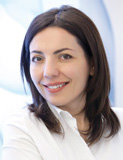
Alexia Chatziparasidou
M Clin Embryology, M Sc, Bac Sc, ESHRE accredited Sr Clin Embryologist h-index: 4
Laboratory Director Embryolab, Thessaloniki, Greece
Mrs. Alexia Chatziparasidou is a Sr. Clinical Embryologist with long experience of more than 30,000 IVF cycles. Her scientific interests focus mainly on the application of modern fertility preservation techniques. She has also long experience on treating male subfertility, as well as on developing methods of co-culture with homologous endometrial cells. In 2007, Mrs Chatziparasidou completed her M Sc in Clinical Embryology at the University of Leeds, UK. Since 2007 she is actively involved in preimplantation genetic diagnosis and screening in couples at risk. In 2004, Mrs Chatziparasidou founded Embryolab, and since has been the director of Embryolab, a modern state of art assisted reproduction unit in Greece. She is member of Alpha, the international society of Reproductive Scientists, the European Society of Human Reproduction and the American Society of Reproductive Medicine. Mrs Chatziparasidou is co-founder of Embryolab-Academy.
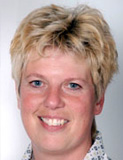
Edith Coonen
PhD , MSc, BacSc, Sr Clinical Embryologist Reproductive Medicine and Clinical Genetics
Maastricht University Medical Center, Maastricht, Netherlands
Dr. Edith Coonen is a Senior Clinical Embryologist at the department of Reproductive Medicine and heads cytogenetic based diagnosis in PGD at the department of C linical Genetics, Maastricht University Medical Centre (MUMC), in Maastricht, the Netherlands. Edith graduated from Maastricht University in 1989 with a BSc in Health Sciences and completed her PhD at the department of Genetics & Cell Biology from the same institute in 1995. Between 1995 and 1997 Edith was a Research Fellow in the department of Reproductive Medicine, MUMC working on the chromosomal constitution of gametes and preimplantation embryos. In 1997 she completed her specialist training in Clinical Embryology at the department of Reproductive Medicine, MUMC and has since worked there as a Clinical Embryologist. Edith has been involved in the PGD activities at MUMC from the start in 1994 and currently oversees PGD for chromosomal indications. Dr. Coonen is presently the Chair of the ESHRE PGD-Consortium
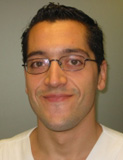
Nicolás Garrido Puchalt
PhD, MSc, M Res Methods, Bac Sc
Director of the Andrology Laboratory and Sperm Bank, IVI Valencia, Spain
Dr. Nicolás Garrido received his Biological Sciences Degree in 1997 from the University of Valencia in Spain. He did a pre-doctoral fellowship at the Frauenklinik, Düsseldorf, Germany and received his Ph.D. Degree in Obstetrics and Gynaecology in 2001 from the University of Valencia, Spain, and the Extraordinary Prize for his thesis work in 2002. He also has a Master degree in Research Methods; Design and Statistics from Universidad Autónoma de Barcelona, Spain. Since 2000, he is the Director of the Andrology Laboratory and Sperm Bank at the Instituto Valenciano de Infertilidad (IVI). Dr. Garrido is a member of several scientific societies and has twice received the research award from the Spanish Society of Fertility, and the Prize Paper of the Spanish Society of Urology. The primary areas of his research are the molecular markers of male infertility and sperm survival after freezing/thawing, assisted reproduction in HIV/VHC sero discordant couples, and sperm banking. Dr. Garrido is the recipient of several grants from public and private organizations in Spain. He has published over 100 articles and 40 reviews or book chapters, made almost 300 presentations at national and international congresses. He is also currently the statistics assessor of IVI Valencia the biggest infertility clinic in Spain.. Dr. Garrido iscoordinates the Directorfellowship courses from the Teaching Area of the IVI Learning Center (actually over 30 Infertility clinics worldwide, presenting more than 120 courses and 6 different Master studies)group and is Professor, among others, of the post graduate in the Master in Biotechnology of the Human Reproduction from Instituto Universitario IVI, Valencia University. He is also in charge of IVICO, an IVI group company dedicated to provide with training, consulting and auditing services to assisted reproduction units.
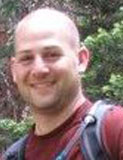
Brett Glazar
M.E.A. Laboratory Manager
Vitrolife, Inc
Brett Glazar earned his Masters of Science in Reproductive Physiology form Colorado State University, Colorado USA. His area of research was manipulation of follicular recruitment and seasonal variation of cortisol levels in the mare. Upon graduation he took a position as Equine Reproduction Manger for an innovative veterinary practice in southern California, USA. The focus of his work was breeding management with a particular emphasis on clinical equine embryo transfer along, semen cryopreservation and embryo vitrification. Brett later began working in the human embryology field at the Fertility Center at Johns Hopkins, Maryland, USA as a Clinical Embryologist. Brett has working Vitrolife in 2007, first as a Sales and Technical Specialist then later as the manager of the M.E.A. Laboratory. He now oversees laboratory operations performing over 3000 mouse embryo assay assessing quality for raw materials and finished product. Additionally Brett is active in supporting the Regulatory Affairs group with FDA submissions and clinical data collection.
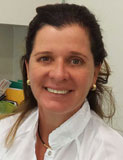
Claudia Petersen
M Sc, PhD, Sr Clin Embryologist
Clinical Embryologist at CRH- FRANCO JR
Claudia Petersen obtained her Masters degree in Clinical Embryology at the University of Leeds, UK and her PhD in Gynecology, Obstetrics and Mastology at UNESP Botucatu /SP. Claudia has been working in the field of human reproduction for over 20 years in the Embryology Laboratory of Prof. Human Reproduction Center Franco Junior, in Ribeirão Preto / SP. She is a researcher at the Paulista Center for Diagnostics and Research, Ribeirão Preto / SP. Claudia was chief executive of the Brazilian Center for Embryologists in Reproductive Medicine for two consecutive terms (2006-2008 / 2009-2010)
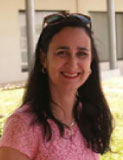
Raquel Lima Leite Soares Alvarenga
Bac Sc, M Sc, PhD
Clinical Embryologist at Reproductive Medicine Stork – Health Women’s Institute
Raquel Lima Leite Soares Alvarenga graduated in Biological Sciences from the Federal University of Minas Gerais – Brazil, she obtained her Master in Morphology and PhD in Cell Biology from UFMG. Currently she is an clinical embryologist at Reproductive Medicine Stork – Health Women’s Institute. She is one of the founding Directors of Fertitech-in Assisted Reproduction Technology. She is lecturing in Cytology, embryology and biotechnology.
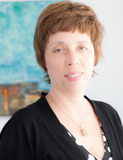
Martine Nijs
PhD, M Sc, Bac Sc, ESHRE accredited Sr Clin Embryologist
Scientific Director Nij Geertgen, Elsendorp; Netherlands; Research and Development Consultant Embryolab, Greece; Co-founder and Director Embryolab Academy, Greece
Martine Nijs has been working in the field of reproductive biology for over 20 years; first as a senior clinical embryologist and later as IVF lab director. She obtained her PhD in Medical Sciences at the Free University of Brussels in Belgium. She is also an ESHRE certified Senior Clinical Embryologist. Delivering high quality laboratory work as well as research in reproductive medicine have always been one of her passion. Martine is first author of 17 peer reviewed publications, 6 chapters in books and co-author in 75 publications. Martine has presented over a hundred lectures as an invited speaker at national and international meetings. She has been actively involved in organising International Meetings, Workshops and one-on-one Hands-on workshops. Martine Nijs is member of the Editorial Board Faculty 1000 Research and ad hoc Board member of 9 international Journals in reproductive biology. She is an active member of 8 professional societies. Martine is Scientific Director at Nij Geertgen, a fertility center in the Netherlands and co-founder and Director of Embryolab-Academy, a non-profit foundation in Greece.
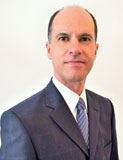
Sandro Esteves
MD, M Sc, PhD
Medical and Scientific Director of ANDROFER, Brazil
Dr. Sandro Esteves is Medical and Scientific Director of ANDROFERT – Clinical Andrology and Human Reproduction, and Associate Professor of Urology Discipline the State University of Campinas (Unicamp). His main areas of interest include male infertility, reproductive endocrinology, microsurgery, cryobiology, laboratory techniques of in vitro fertilization, and quality management applied to human reproduction. It has several publications in these areas, including the books “Quality Management in ART Clinics” and “Cleanroom Technology in ART Clinics” .Sandro Esteves is Senior Researcher at the Research Center for Human Reproduction at the Cleveland Clinic Foundation, USA, and Unit of Genetics, Department of Biology, autonomous University of Madrid, Spain. It is also a Clinical Tutor of Clinical Sciences School at the Faculty of Medicine, University of Edinburgh, Scotland
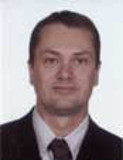
Ricardo Azambuja
MSc, PhD, HCLD, ELD
Embryologist, Fertilitat Reproductive Medicine Centre, Brazil
Ricardo Azambuja obtained his Masters in physiology of reproduction in 1989 at Universidade Federal do Rio Grande do Sul, Brazil. In 1994 he gained his PhD in physiology of reproduction at Texas A&M University and took a post-doctoral position at the Genetics and IVF Institute, Virginia in 1995. Since 1999, he has been working at the Fertilitat Reproductive Medicine Centre in Brazil. In 2005, he became the first embryologist from South America to obtain HCLD and ELD certificates from the American Board of Bioanalysis. His specific areas of interest include oocyte and embryo cryopreservation and embryo quality assessment.

Adelino Amaral Silva
MD, Gyn & Obstet, Fertility Specialist
Medical director, Genesis, Brazil
Dr. Adelino Amaral is medical director of Genesis – Assisted Reproduction Center in Brasília – DF. He graduate in Medicina in 1981 at University of Brasília. Fellowship in Human reproduction at Instituti Universitari Dexeus in Barcelona – Spain in 1994. He was president of the Brazilian Society of Assisted reproduction of 2009-2013 and is currently the regional director of the Latin American Network of Assisted Reproduction.
Certificate of attendance
A Certificate of attendance will be awarded to the delegates after attending the full workshop program. After completing the on-line evaluation form of the workshop, all certificates can be downloaded.
Accreditation
The Workshop program is submitted for Ethical Med Tech compliance
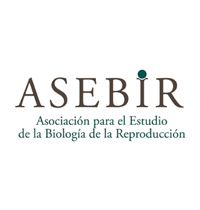
The Embryolab Academy Workshop is under the auspices of ASEBIR
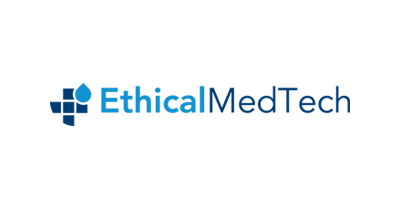
Ethical Med Tech assessment concluded that the Embryolab Academy Cryo Workshop is: COMPLIANT
To visit the Ethical Med Tech website, please click here
General Information
Symposium Registration
Registration will be free for members of accredited centers RED LARA. One registration per center is accepted. The number of participants is limited to 100. Confirmation of registration is based on a ‘first-come-first-serve’ basis.
Please register by sending and request email to redlaraBrazil@gmail.com with your Full name, occupation, passport number, name of your Center and your e-mail address.
Symposium Secretariat
For any information please mail to redlaraBrazil@gmail.com (Aparecida)
Symposium Venue
Mercure Lourdes, Belo Horozonte, Brazil
Symposium language
The official language of the Workshop is English.There will be simultaneous translation into Portuguese.
Liability
The Workshop secretariat and organiser cannot assume liability for personal accidents, loss of or damage to private property of participants, either during, or directly arising from the Workshop. Participants should make their own arrangements with respect to health and travel insurance.
Symposium Book
The lectures will be presented in a Symposium Workshop Book.
Ongoing professional education, Evaluation of Symposium and Certificate of attendance
Participants can demonstrate by means of replying to a short set of questions their understanding and learning of the specific topics presented during the Symposium.
A CPD questionnaire, together with an overall evaluation questionnaire of the Symposium will be mailed to each participant. After completion of the on-line questionnaires, delegates will be directed to a Download page to retrieve CPD Certificatesand Certificates of Attendance.
Workshop pictures can be downloaded as well.
